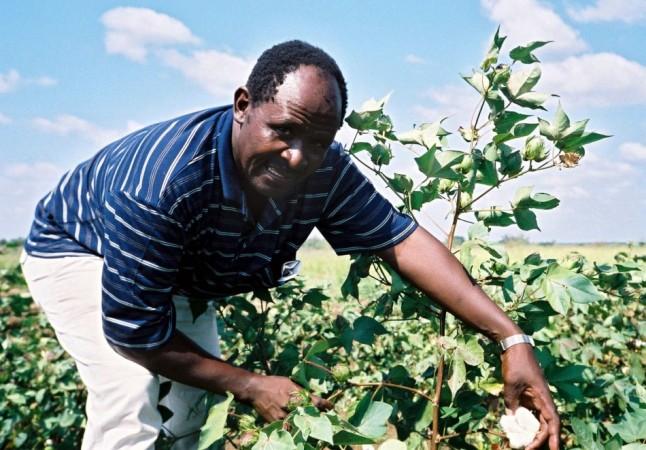
The area under Bt. Cotton, the only genetically-modified crop, approved for commercial cultivation by the Genetic Engineering Appraisal Committee (GEAC), is reportedly set to be cultivated across 95.04 lakh hectares, for the year 2012-12, according to a statement by the Minister of State for Agriculture and Food Processing Industries.
"The introduction of Bt. cotton hybrids has helped in production increase from 156 lakh bales (170 kg lint per bale) in 2001 to an estimated 356 lakh bales in 2011. Bt. cotton was introduced in 2002 and the area increased from 0.29 lakh hectares in 2002 to 95.04 lakh hectare in Kharif 2011(target). The productivity was 309 kg per hectare in 2001 before the introduction of Bt. cotton which increased to 495 Kg/ha in 2010," said the statement.
Referring to studies conducted by the Central Institute for Cotton Research (CICR), the Minister, Harish Rawat, said on Tuesday in the Lok Sabha that there was enormous farmer support for Bt. Cotton. He pointed to the fact that more than 90 percent of the area in all cotton-growing states was now under Bt.Cotton.
It was also pointed out that the findings of laboratory and field studies conducted and commissioned by the CICR indicated that while Bt. cotton was toxic to bollworms it did not have any direct effect on any non-targeted beneficial insect and was also non-toxic to birds, fish, cows, goats and soil micro-organisms. In addition, studies conducted by CICR showed the crop played a major role in effectively protecting the crop from bollworms, especially the American Bollworm (Helicoverpa armigera) thus preventing yield losses.
According to the statement by the Ministry, the biggest gain from technology was in the form of reduced insecticide usage from 46 percent in 2001 to less than 26 percent after 2006 and 21 percent during the last two years.
The statement also said the maximum yield gains were in Gujarat, Andhra Pradesh, Maharashtra, Haryana, Punjab and Tamil Nadu. There have been a few stray reports of opposition to the technology from NGO groups but these have had little impact on the spread of Bt. cotton.
Finally, farmers are reportedly being routinely educated by the CICR, state agricultural universities and the Krishi Vigyan Kendras, on all aspects pertaining to genetically modified crops.












